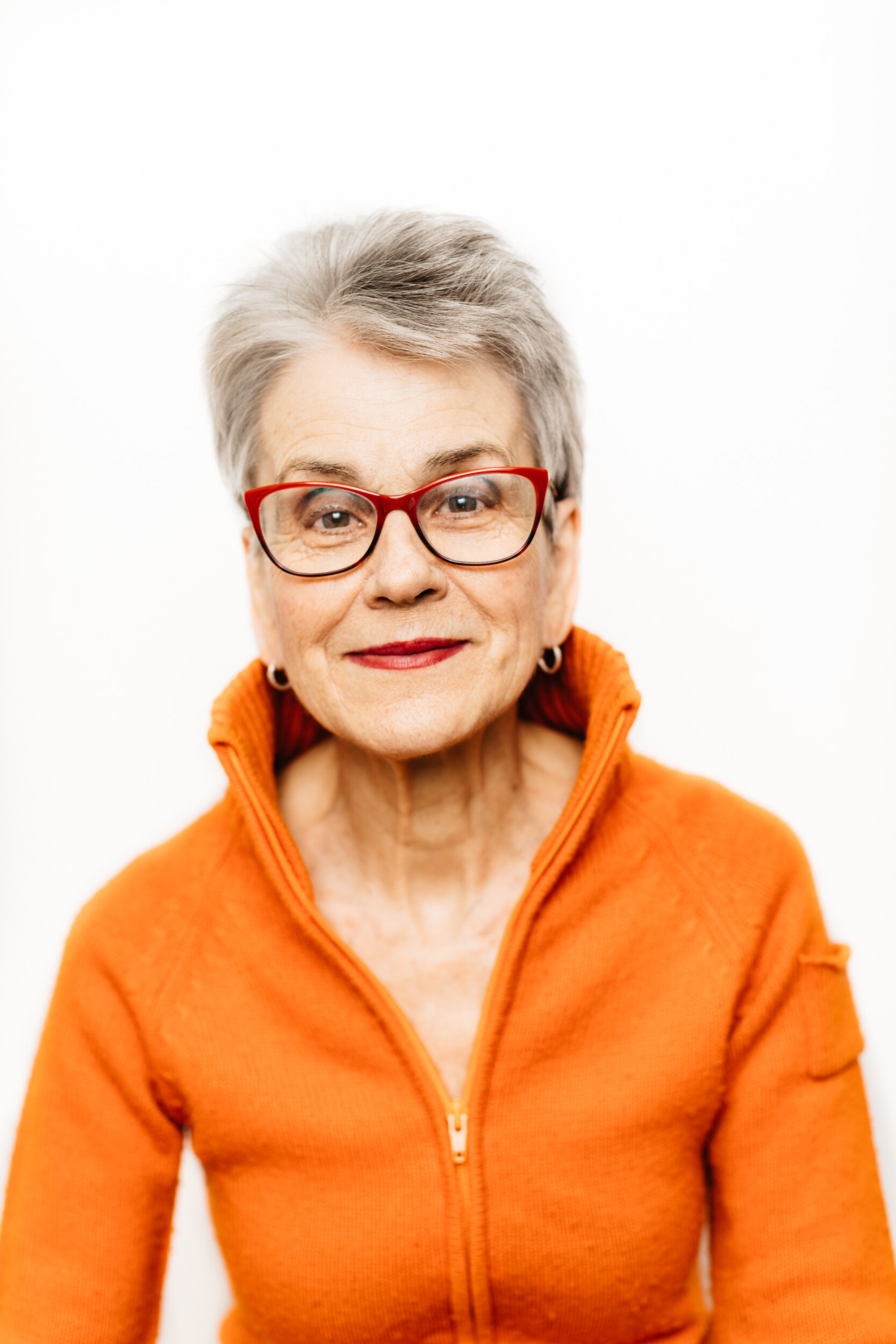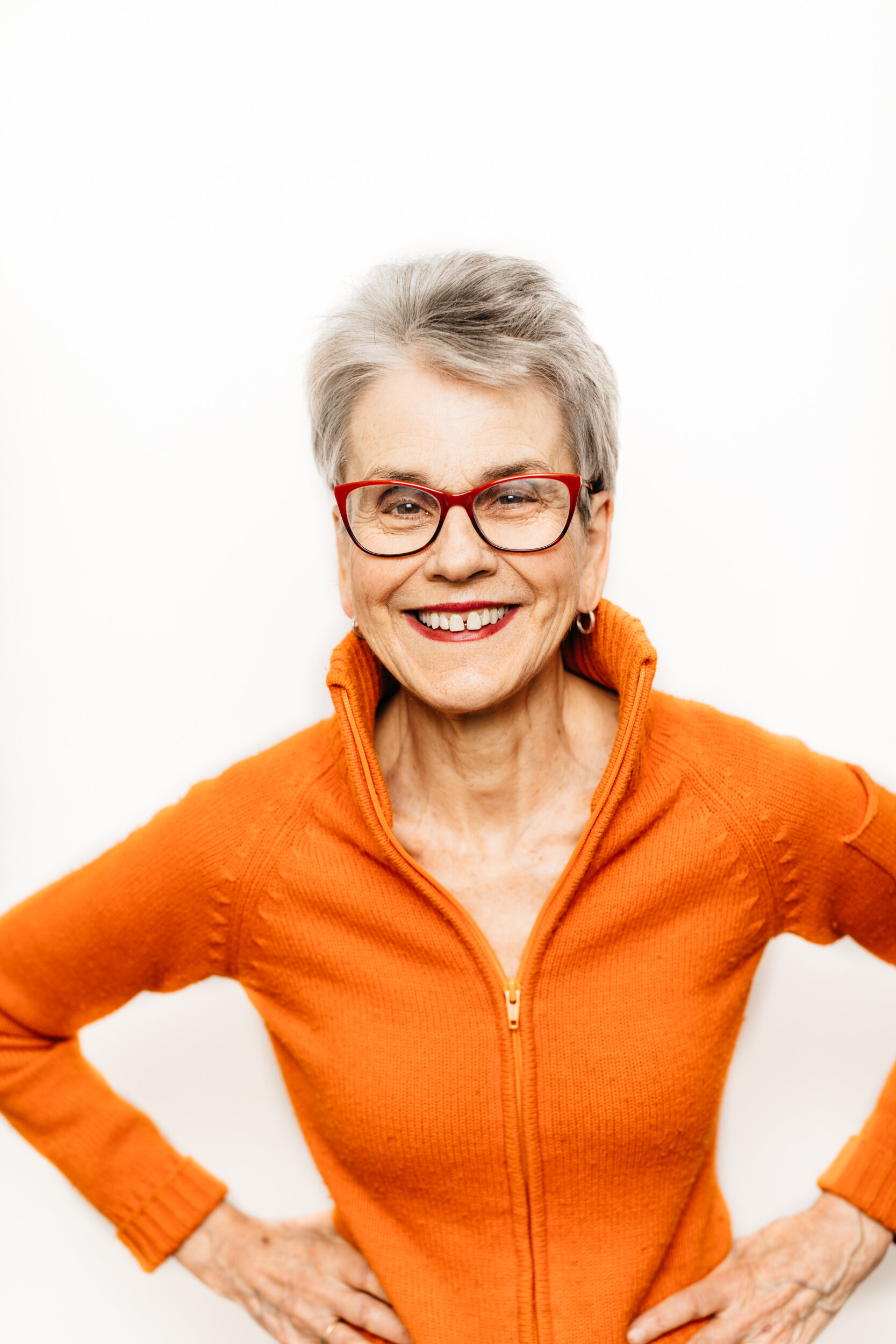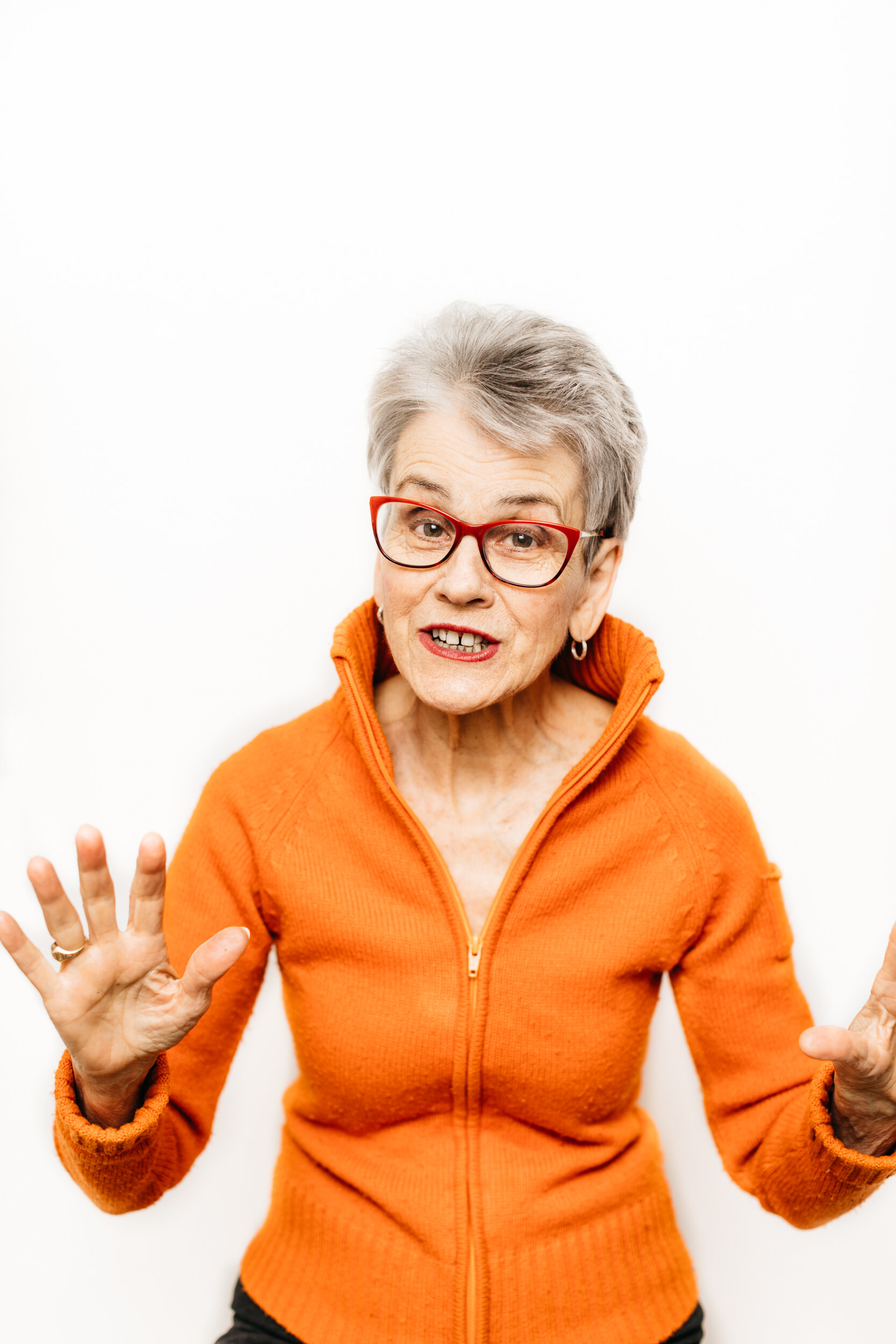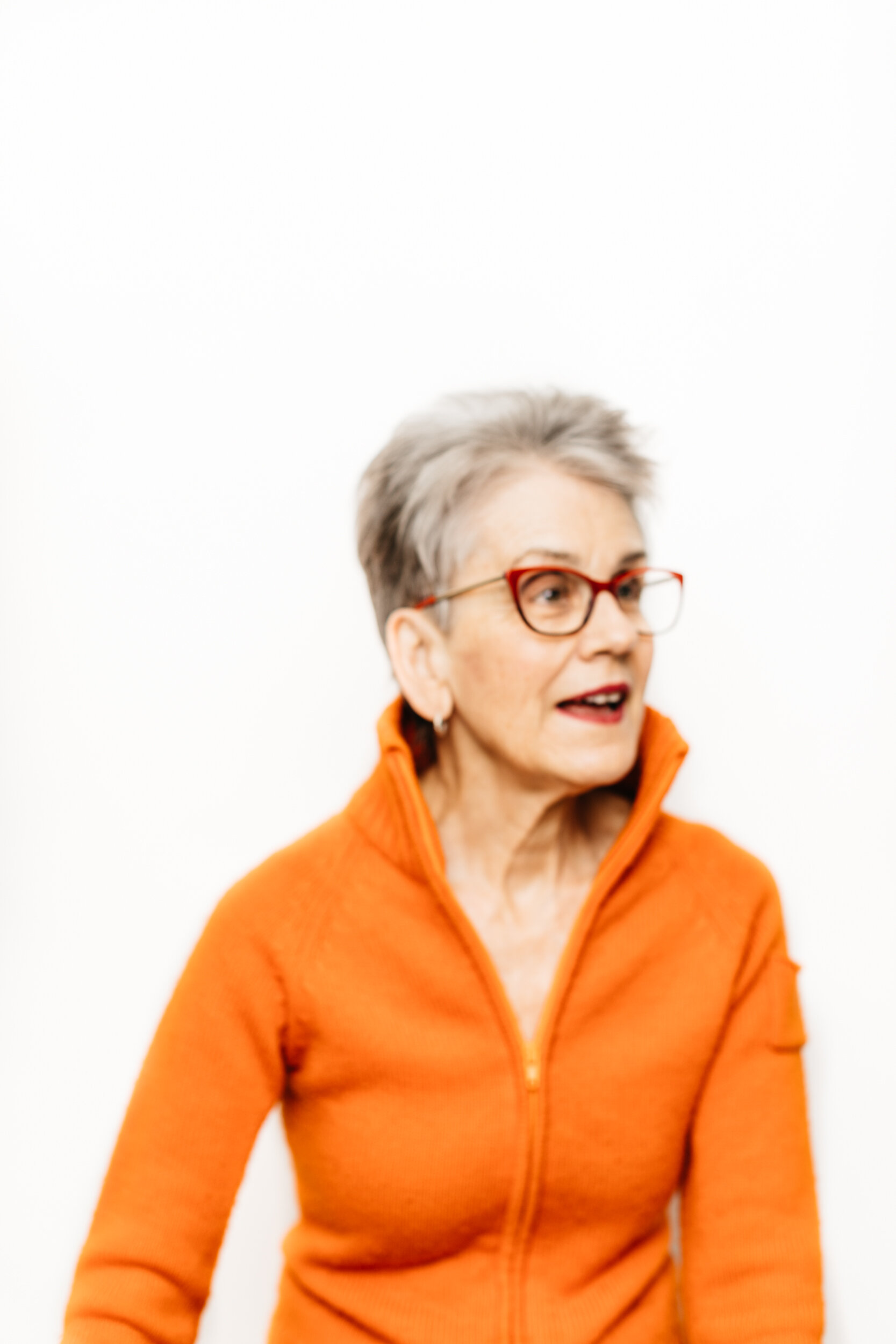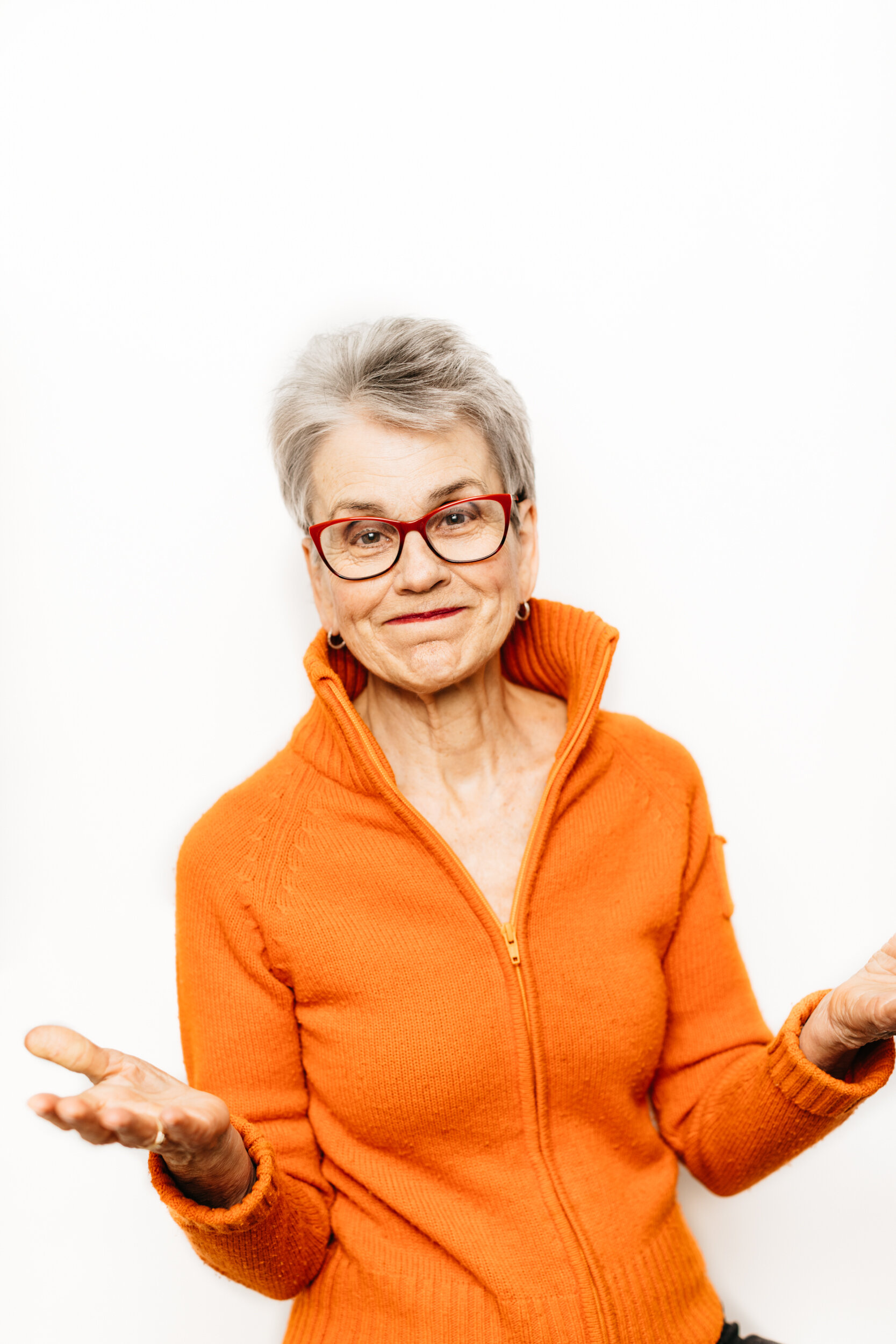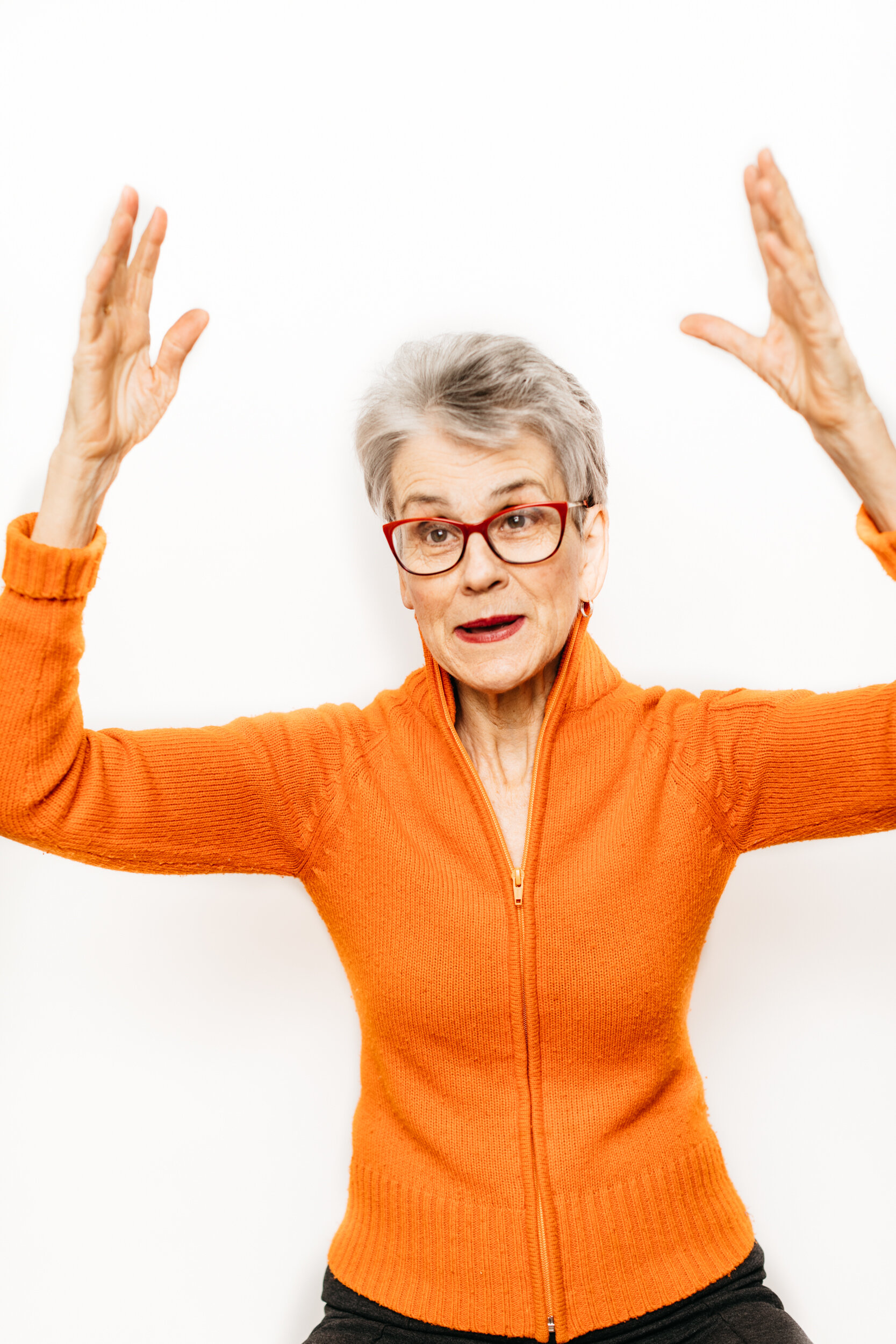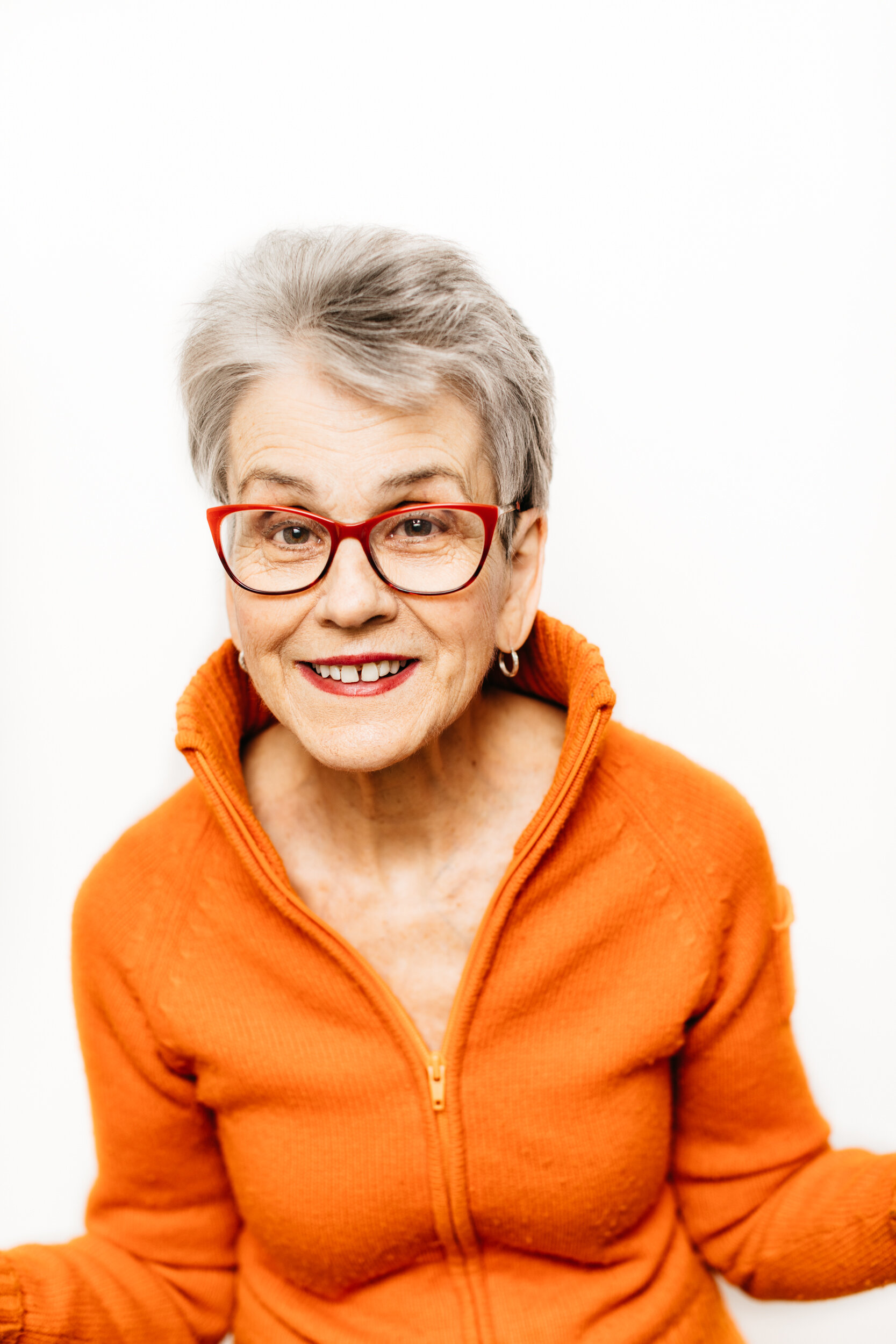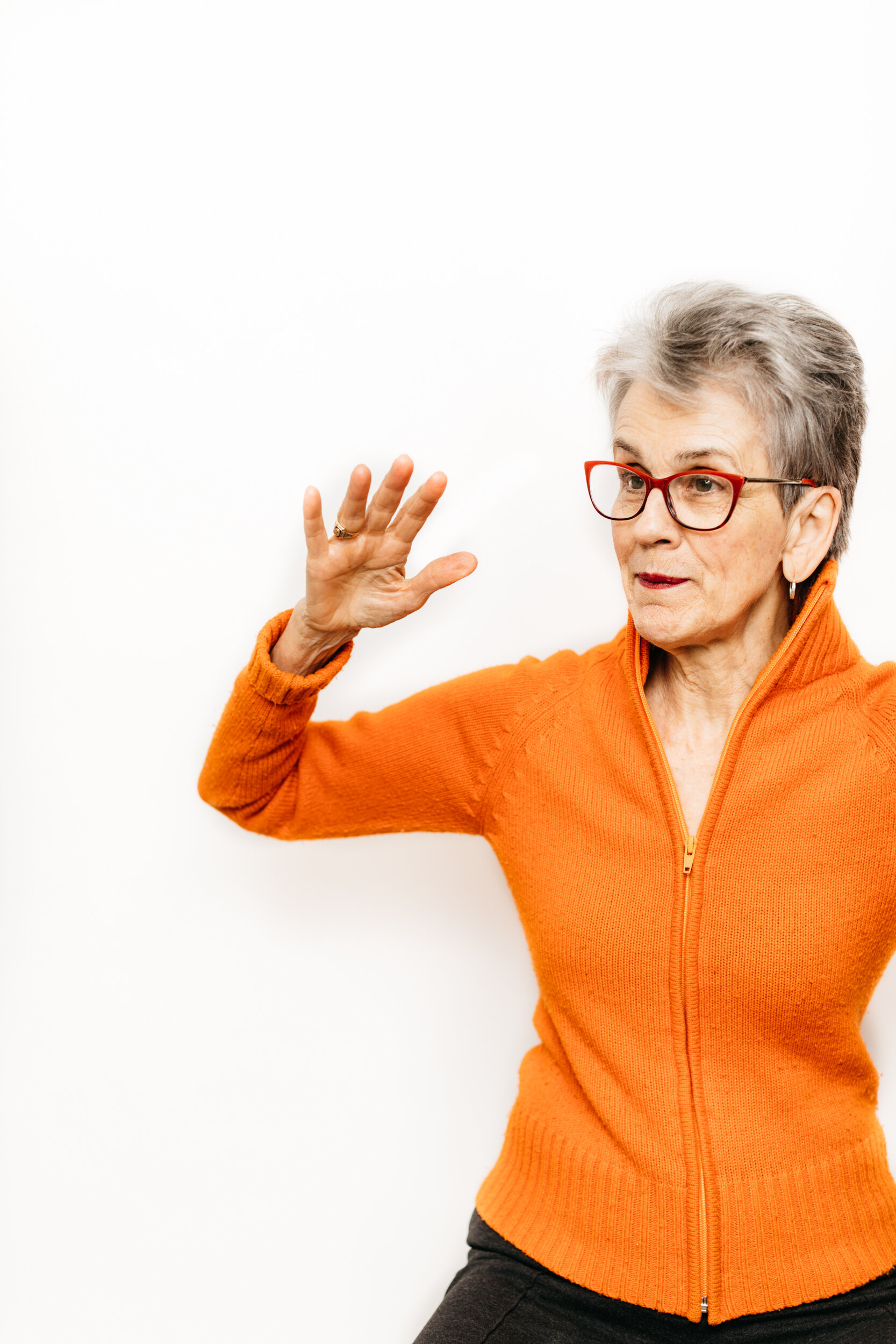Q+A: Frances Moore Lappé
Photos by Michael Piazza
In 1971 Frances Moore Lappé—or Frankie, as she prefers—published Diet for a Small Planet. Her manifesto to end starvation became a call-to-action to take back democracy, as well as a “how to” for vegetarians (including recipes). She empowered readers to make better choices about what they were eating and why. She wrote about choosing not to eat meat from the point of view that meat production was wasteful, not good for the planet and a key reason why all over the world so many were starving.
Since Diet for a Small Planet, she has gone on to author or co-author 19 books that spread the understanding of democracy (and lack thereof), food systems, transparency in public affairs and fighting against inequality. She and her daughter, Anna Lappé, run the Cambridge-based Small Planet Institute with the goal of “empowering understanding of democracy as the wide dispersion of power, transparency in public affairs and a culture of mutual accountability.”
EDIBLE BOSTON: You changed the way thousands of families and individuals ate and made food choices. In large part because of your work in Diet for a Small Planet, “meatless Mondays” are now a thing. Tofu is not a weird, hard-to-find ingredient. Vegetarian and vegan diets are mainstream. Nearly 50 years later, do you feel that the needle has moved?
FRANCES MOORE LAPPÉ: There a very few places in the U.S. now where you can’t go into a restaurant and declare yourself a vegetarian and not have a problem—even if it’s not a vegetarian restaurant. It’s a completely different world. One of the things I used to joke about right after the book came out was that I thought I had contributed to peace in families. Because parents thought their kids were literally going to die if they didn’t eat meat. It was so embedded in our culture, [the idea] that you’d wither away if you didn’t get enough protein. I think I helped ease the tension around the table.
EB: You came at vegetarianism from a very different perspective.
FML: So much of my beginning—and, really, everything in my life now—comes from the question: Why are so many hungry in a world of plenty? And I thought, “Wait a minute, if I could just understand why people were hungry, then that would unlock the economics and the politics.” At the time, we were being told that fundamentally it was a scarcity [of food]—the “scarcity scare,” I call it. With climate change it’s as strong as ever. In fact, the world produces about one-third more calories per person than when I wrote Diet for a Small Planet. Now it is 2,900 calories per day per person that is produced. That is way more than we need. Listen to this statistic, the inefficiency: We devote about three quarters of the world’s agricultural land to produce livestock. Three quarters. Which returns to us only 17% of our calories. I think that is the zinger that tells us how completely inefficient our system is. Additionally, because of our overemphasis on grain-fed meat in the U.S.—this agriculture, that we think is so efficient and modern—we actually, on average, feed fewer people than Indian farmers do. That doesn’t even get into water pollution and soil erosion.
EB: So with hunger issues, it’s not about a scarcity of food, it’s about a scarcity of …
FML: Democracy. Democracy for me is about human voice. It’s about power. It’s about agency. Since no one chooses to go hungry the very existence of hunger, the extent of hunger, is a direct measure of the lack of democracy.
EB: Let’s connect those dots.
FML: Logically, democracy is about choice. No one chooses to go hungry. Therefore, wherever there is hunger, there is a lack of democracy. In the world there are about 2 billion of us that are food insecure and 820 million of us deficient in calories; despite all this huge abundance, about one quarter of us are food insecure.
EB: What is the source of this myth that there is not enough food?
FML: This is just a hunch—I can never prove this. I think that because we evolved as food sharers in our tribal existence, and from my understanding of what I’ve read in anthropology, whenever the hunter went out to get the kill and fruits were gathered and brought food back to the community, it worked like this: When anyone was able to eat, everyone was able to eat. There was an ethic of sharing. Maybe because we are aware of the vast abundance of food now, we don’t really see hunger. We live in such isolated communities and we don’t see it. Back in the ’70s we saw famines and pictures of boney babies and that upset us. We thought we needed more food aid abroad, not empowerment of people. It’s all of that. And we feel powerless to address the problem. We live so sheltered from the suffering of the world. I’ve really come to believe in the power of our ideas. That our belief systems create mental filters and I’ve concluded that believing is seeing. We see what we expect to see and not what we don’t expect to see. We can’t always “see” what doesn’t fit within the frames we set up.
EB: We can’t talk worldwide, it’s not feasible, but who is controlling the message that there is not enough food and why?
FML: Think of our own country: One in eight households, I believe, still experiences food insecurity. We are the biggest . exporters of agricultural products. It’s simply—I shouldn’t ever say simply; it’s clearly—a lack of purchasing power to buy the food needed. This exists because the mental map we have bought into in this country is fundamentally disempowering. It is a message that has been put forward and really pursued, especially since the 1980s. It tells us that we do ourselves harm if we rely on government to set the rules and keep access to the basics. As Ronald Reagan put it, that what works best is the “magic of the marketplace.” We fell for what I call the “tale of two generations.” My children were born in the early ’70s and I was born in ’44 and we have two completely different experiences of distribution of wealth in society. Whereas for my generation, everybody gained but the poor gained the most, in my children’s generation, the poor hardly budged. Most of the advance was in the top 20%. That meant that the rest of us had to struggle. We know the whole story of food deserts and that food retailers, of course, go to where the wealth is, duh. Nobody sat down and said, “I want to make people hungry.”
If you believe that the market is the key to freedom, that freedom is in the market—any role of government to pursue what the Constitution preamble calls for, promoting general welfare, it will seem like a violation if government doesn’t, can’t, do what it promised to do. This whole distorted idea that there’s only one way to promote freedom: Freedom means choice and you can’t have choice if you are poor.
EB: What are you working on now?
FML: I’m working on a new book which defines the three roots of the current crisis. It’s called It’s Not Too Late. The three roots are the economy, our broken democracy and the climate crisis—all three interacting, and we have to address them all simultaneously. We can’t address the climate crisis without fixing our democracy.
EB: With that being said, do you feel optimistic?
FML: The nature of life is that we are all connected and that change is the only constant. If those two things are true, which it seems that that is the nature of life, then it is simply not possible to know what is possible. I’ve decided that I’m not an optimist. I am a possible-ist.
This interview was edited for length and clarity and appeared in the Winter 2020 issue.
Editor's Note: The 50th anniversary edition of Diet for a Small Planet will be released in 2021, and Frances Moore Lappé welcomes you to share your family’s version of recipes in her book. If your variation is used in this new edition, your name will appear in the book and you’ll receive a signed copy. Frances thanks you in advance!
Find out more: smallplanet.org.

